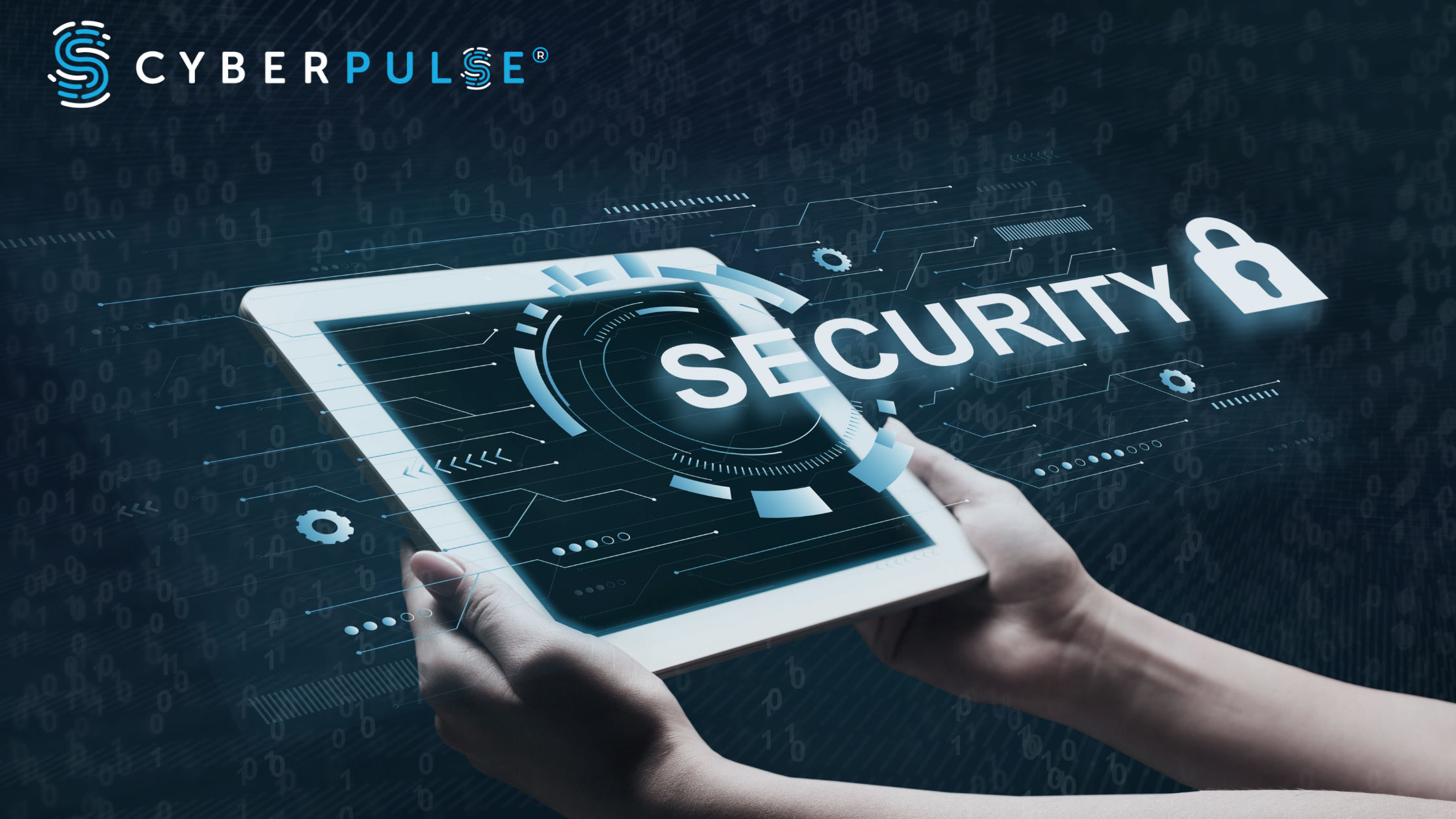Electronic mail has evolved to become one of the most efficient and cost-effective means of communication globally. Despite businesses’ reliance on email, it’s a common way for cybercriminals to access confidential company information. Email is a common target for cybercriminals because it’s relatively cheap, easy to use, and contains a number of vulnerabilities.
Data breaches, ransomware attacks, and viruses are just a few of the email security issues that can harm a company financially or negatively impact their reputation. A significant number of email fraud cases occur annually through email phishing, while Business Email Compromise (BEC) is the email crime causing the most financial damage, according to the FBI.
In light of this, the security of emails should be a major concern for every business to reduce the risk of malicious attacks and listed below are the necessary adoptive techniques organizations can take to protect themselves from cyberattacks.
Creating cybersecurity strategy
It is important for businesses to have a cybersecurity plan. The cybersecurity plan serves as the backbone of your company’s protection, from setting protocols to ensuring your employees are ready to deal with any threats.
Management Policies for Mobile Devices
Companies should develop mobile device management policies to govern the use of company or personal mobile devices for the purpose of sending and receiving business emails. A strong password policy, a phone lock, and app locks should be enforced.
Additionally, to protect critical business information, owners can implement a business solution with built-in mobile device management capabilities.
Use Email Encryption
In order to prevent cybercriminals from accessing and reading their emails, small business owners should use providers who encrypt their emails. Organizations can use a third-party encrypted email hosting service or install an email security certificate on their server, like Pretty Good Privacy (PGP). By doing so, your employees can share a secret passkey to encrypt and decrypt messages.
Implement email security protocols
Despite email being designed without security in mind, it’s vital for businesses to enforce security protocols when sending emails to prevent malicious access. Your email is more secure with SPF, DKIM, and DMARC. Adopting email security protocols can help prevent phishing and email spoofing.
Promote Cyber Awareness
Businesses of all sizes should implement a cyber security awareness program that educates their employees about the dangers of email attacks and what steps they should take if they notice suspicious emails. Following are some guidelines for training your employees.
-
Password Hygiene
Ensuring your passwords are secure will improve your cybersecurity. In general, hackers compromise accounts with weak security by guessing passwords, stuffing credentials, or using brute force attacks. With dedicated software, creating and keeping up to date strong and unique passwords for each account will be much easier
-
The Screen Lock Program
Is your computer locked when you leave your work area? You might not think this is a big deal, but an attacker can access your sensitive information when your computer is left unlocked. All employees of SMBs should lock their mobile and computer screens when not in use.
-
2FA/Multi FA
It’s critical to protect your business and customers’ accounts in the long run. For added security on all devices and accounts, Multi-Factor Authentication is a good idea.
-
Email Retention
Establish a policy on email retention and educate employees on what data is critical. It should encourage staff to delete emails that don’t support business efforts and enforce compliance. Create a policy that automatically archives and permanently deletes irrelevant emails after a given period of time, spanning 60 to 90 days.
Consider using a VPN
Despite following best security practices, some employees still require a VPN to establish an encrypted connection between a home device and a corporate network. Your company will be protected against cybercriminals who target home Wi-Fi.
VPNs are widely used by SMB employees because they are “free.” However, beware of the fact that many of them sell your information to third parties. Pay attention to the location of the service provider for paid VPNs: ensure that the country has strict data privacy laws
Maintain Backups
In order to maintain uninterrupted business operations, backups are crucial. You will need backups in case you lose an article on your blog due to an employee’s error, a bug on your website, or ransomware that corrupts your computer systems. Your backups come in handy in case these things happen.
It is always the goal of cybercriminals to steal sensitive information from SMBs and compromise their networks through malicious emails. For this reason, business owners must enforce the best email security practices to prepare for and manage these risks.
With the right email security tips, you can keep your emails, customers, and employees protected. Create a security plan and train your employees to detect and respond to phishing attacks. Backup is also essential.
Let us help you and your business reduce cost, prevent threats from inside out and build up a strong cyber awareness for all of the organization.
Request a free CyberPulse’s platform demo at https://www.cyberpulse.io/demo/ or contact us to know more about our services.


